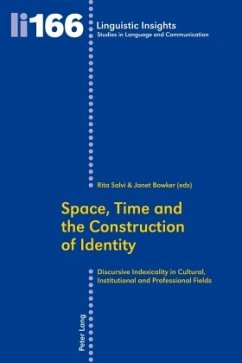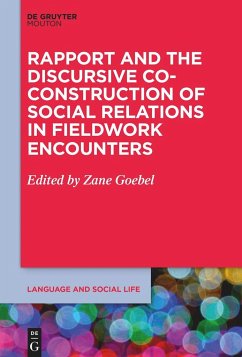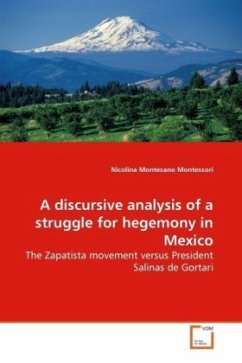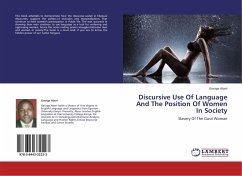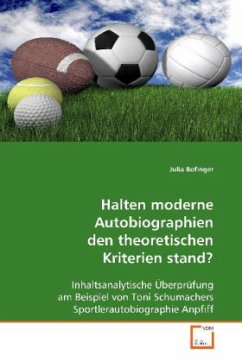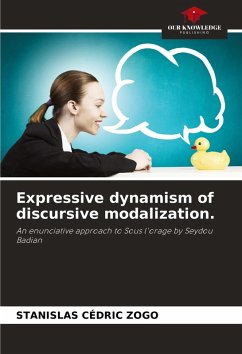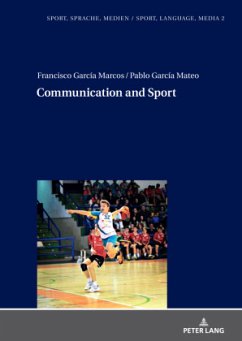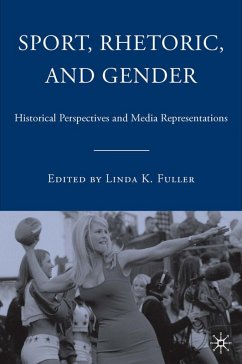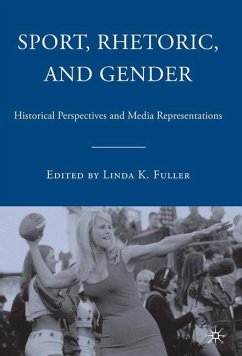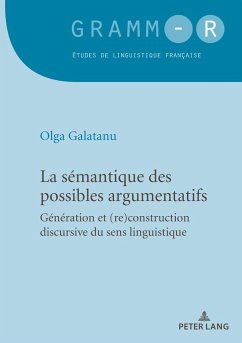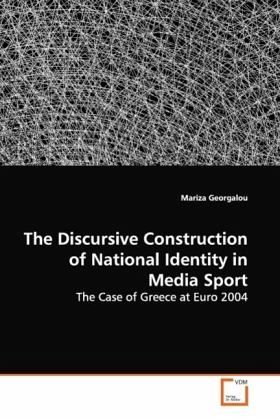
The Discursive Construction of National Identity in Media Sport
The Case of Greece at Euro 2004
Versandkostenfrei!
Versandfertig in 6-10 Tagen
39,99 €
inkl. MwSt.

PAYBACK Punkte
20 °P sammeln!
Media sport constitutes a significant arena within which discourses about national identities are continually articulated. This monograph analyses the football commentaries of the matches in which the Greece national football team competed during Euro 2004. Its focus is on the discursive means that the sportscasters deployed with a view to constructing a national identity that promoted unification and solidarity amongst the audience. In parallel, it explores how the representatives of this national collectivity, i.e. the footballers, their coach and the fans, were depicted. Adopting a discours...
Media sport constitutes a significant arena within
which discourses about national identities are
continually articulated. This monograph analyses the
football commentaries of the matches in which the
Greece national football team competed during Euro
2004. Its focus is on the discursive means that the
sportscasters deployed with a view to constructing a
national identity that promoted unification and
solidarity amongst the audience. In parallel, it
explores how the representatives of this national
collectivity, i.e. the footballers, their coach and
the fans, were depicted. Adopting a discourse-
historical framework (Reisigl and Wodak 2001; Wodak
et al. 1999), it becomes evident that the
sportscasters show great support for their home team
forging points of identification with the audience.
In doing so, they confirm the ideological power that
media sport has in generating, reinforcing and
disseminating national identities. The study will
especially benefit students, instructors and
researchers in discourse analysis, media studies, and
sports sociology.
which discourses about national identities are
continually articulated. This monograph analyses the
football commentaries of the matches in which the
Greece national football team competed during Euro
2004. Its focus is on the discursive means that the
sportscasters deployed with a view to constructing a
national identity that promoted unification and
solidarity amongst the audience. In parallel, it
explores how the representatives of this national
collectivity, i.e. the footballers, their coach and
the fans, were depicted. Adopting a discourse-
historical framework (Reisigl and Wodak 2001; Wodak
et al. 1999), it becomes evident that the
sportscasters show great support for their home team
forging points of identification with the audience.
In doing so, they confirm the ideological power that
media sport has in generating, reinforcing and
disseminating national identities. The study will
especially benefit students, instructors and
researchers in discourse analysis, media studies, and
sports sociology.



